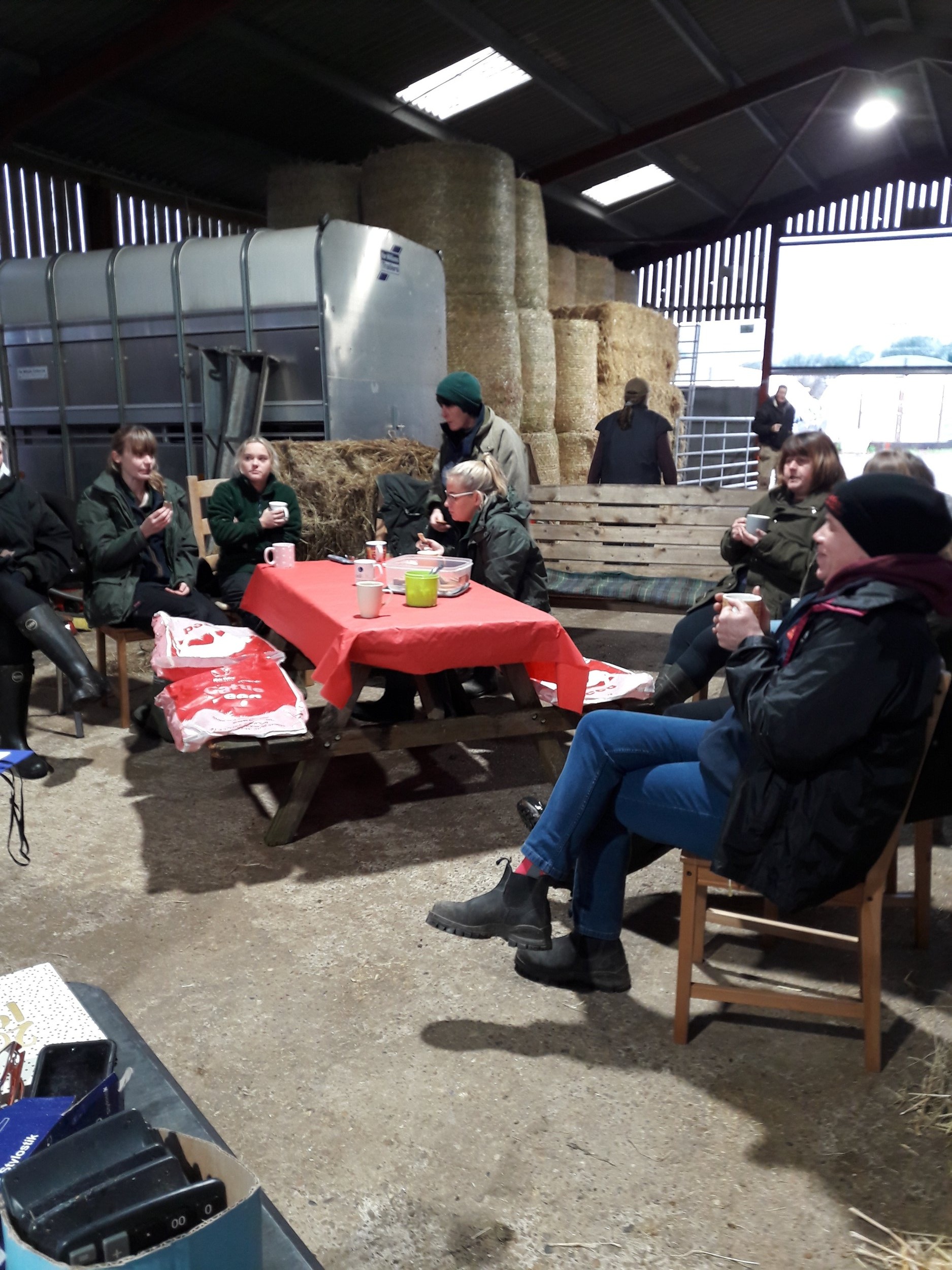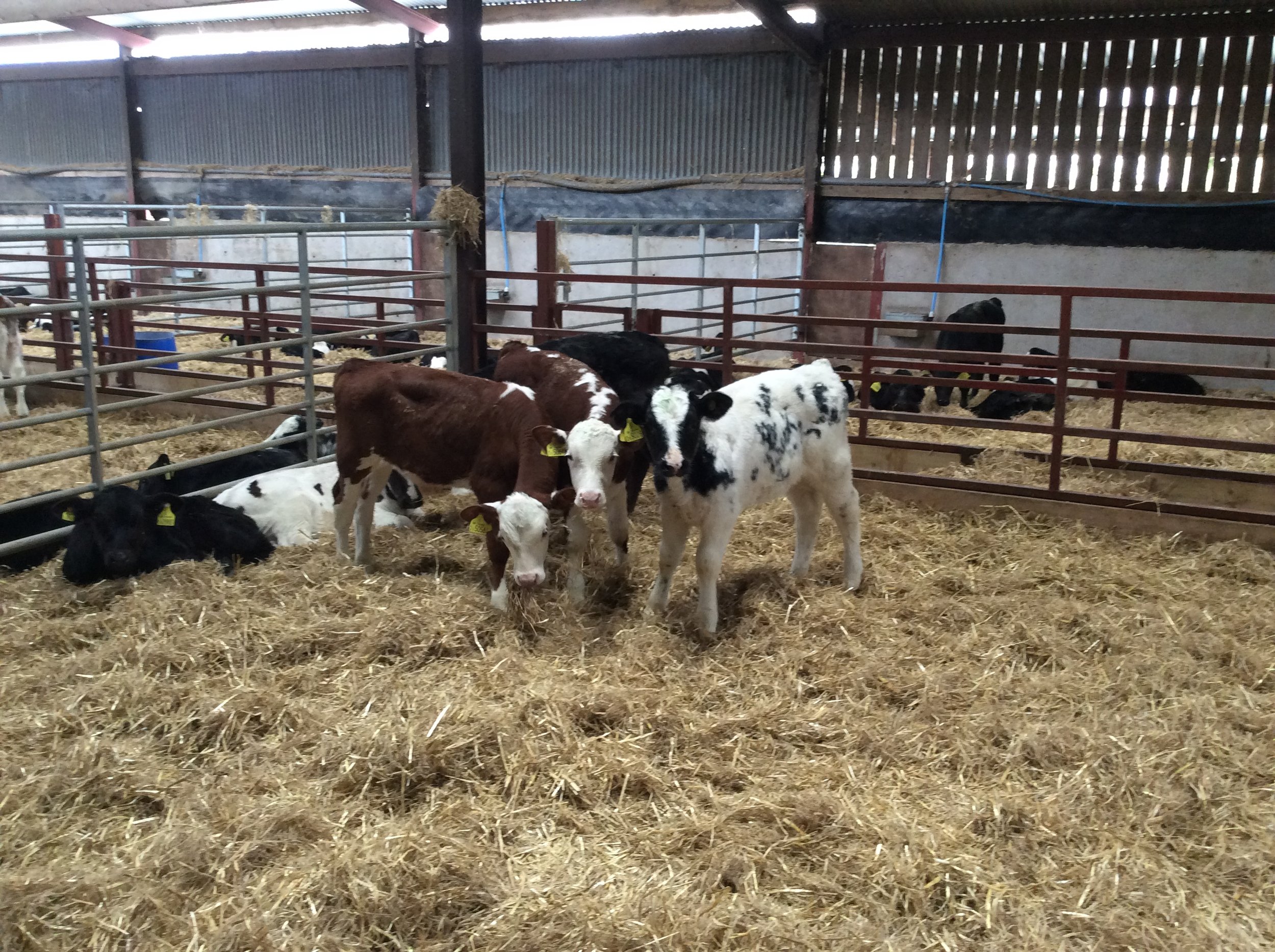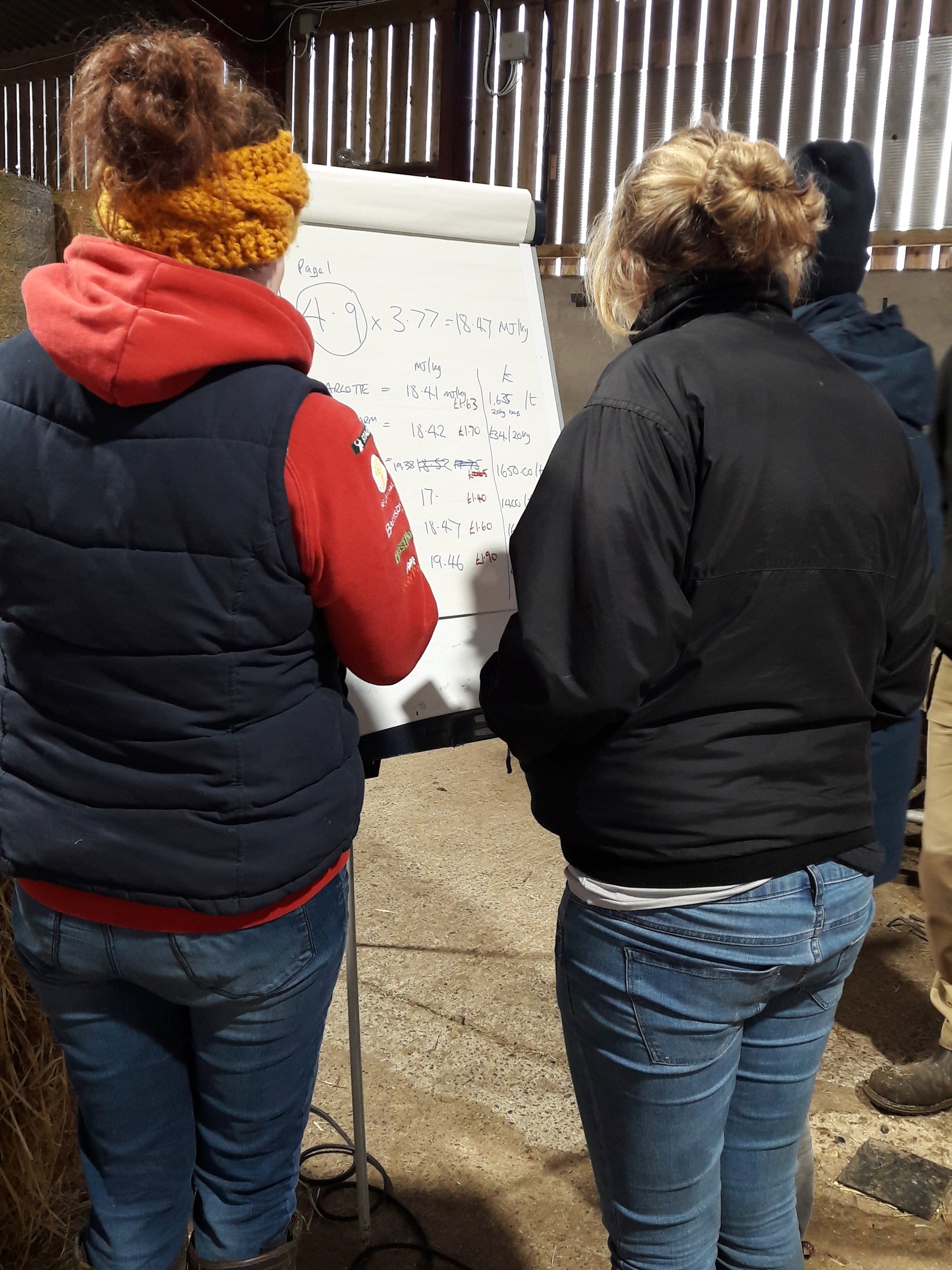Connect, share, inspire – these are the aims of the Women in Dairy initiative. The group started as an initiative in 2015 and is driven by the enthusiasm of the volunteer facilitators. In May 2018, building on previous collaborations, Boehringer Ingelheim Animal Health agreed a two year active sponsorship.
“We have worked with Women in Dairy for several years, providing support for regional meetings,” says Ailsa Milnes a member of Boehringer’s vet team. “Supporting Women in Dairy has been a rewarding experience and it is great to get out and visit farms and meet so many people.”
As part of the company’s sponsorship, the vet support team has worked with the groups to provide calf health meetings across the country. To date, there have been nine group meetings, which have examined a number of topics. The meetings have included farm walks, seminar-type sessions and vet talks.
Calf health has been a central focus and is a key area for the Boehringer team under the #Calfmatters educational umbrella. The dairy heifer calf is the future of the herd and the impact of disease, especially BRD (bovine respiratory disease) is a huge cause for concern for both welfare and economic reasons.
“Often, it may be the herd manager or farmer’s wife who has been associated with calf rearing, and many of the meeting attendants revealed a significant level of knowledge and understanding of the need to focus on the calf group on a farm,” Dr Milnes explains.
Mortality figures for dairy heifers are in need of improvement, with 7% of live born calves dying before three months of age and 15% of heifers failing to reach first lactation1. Add to this the fact that 20% of calves are treated at least once for pneumonia and calculations show that poor calf performance is likely to cost the average herd 1.8ppl2.
Moreover, it doesn’t stop if the affected animal makes it into the herd as early pneumonia has an impact on lifetime yield and life expectancy. For every additional 100g of average daily weight gain during the first two months of life, about 225kg of additional milk in the first lactation can be expected3.
Pneumonia in pre-weaned calves can reduce first lactation yields by 4% and second lactation yields by 8%4 with the number of overall days in milk reduced by an average of 109 days5.
As well as discussing the specifics of pneumonia in calves, most meetings also cover why it is important to set targets and develop a plan to produce resilient calves.
“Concerted efforts are made to achieve a target age of first calving by 24 months and for that, farms need good management to ensure that calves reach their potential through good nutrition and low disease rates,” Dr Milnes says. “But how is that achieved? In order to produce resilient calves and achieve targets, often only minor improvements in management practices need to take place. Striving for optimum colostrum intake and then calf milk replacer (CMR) and feed is essential, as is dam health. An increasing number of herds now measure colostrum intake and quality, which is a step in the right direction.”
At a recent meeting, hosted by Emma Gledhill and her husband, in the group discussion, all agreed that prevention is better than cure and this policy is something that all the host farms also shared. In addition to health management that encompasses vaccination and striving for resilient calves, ensuring the calves’ environment also helps in health management was agreed to be important. This includes making sure buildings are suitable and that calves are kept dry, warm enough and with adequate fresh air and that hygienic practices are adopted.
The farm itself is a specialist calf rearing unit – rearing the dairy heifer replacements for a neighbouring farm and, in a separate building, Emma’s own bought in beef calves. Emma and her husband work with high levels of attention to detail ensuring that the calves are very well managed, resulting in healthy, well grown calves.
Becky Miles, facilitator and founding member of Women in Dairy told the meeting: “The difference between Women in Dairy meetings and other discussion groups seems to be that attendees are quick to volunteer and share their learnings, whether they run a 600-cow herd or are a calf rearer – some pretty animated discussions always seem to take place.”
National Sponsor - Women in Dairy
Connect, share, inspire are the aims of Women in Dairy. Boehringer Ingelheim is a family owned global company, committed to creating animal wellbeing with a portfolio of preventive healthcare products and is delighted to be working alongside and supporting such an innovative group, which chimes well with its own vision of value through innovative thinking.




